
I like you too [as well]. 我也喜欢你。
Are they coming too [as well]? 他们也来吗?
too 有时也紧跟在主语后(注:as well 不这样用),此用法较正式。如:
I, too, know where he lives. 我也知道他住在什么地方。
在 Me too, You too 这类简略答语中,通常不用 as well, also。如:
A:I’m tired. 我累了。
B:Me too. 我也是。
2. also 比 too 和 as well 正式,一般也不用于否定句,它在句中的位置通常是紧靠动词,即放在行为动词之前,特殊动词之后。有时为了强调也放在句末(但不常见)。如:
He also came. / He came also. 他也来了。
She is young and beautiful,and also rich. 她年轻漂亮,而且有钱。
Also,his mother was dead. 再说,他母亲又过世了。
3. either(也)通常只用于否定句,且要放在句末。如:
I don’t know, either. 我也不知道。
He hasn’t finished it,either. 他也还没有做完。
注:有时在肯定句之后跟一个否定句,可能用 too,also。如:
He came, but she didn’t also came. 他来了,但她没有也一起来。
He went to Washington, but not to New York too. 他去了华盛顿,但并不是也去了纽约。
比较:
He didn’t buy a computer, and she didn’t either. 他没有买电脑,她也没有买。
He bought a computer, but she didn’t too. 他买了台电脑,但她没有也买台电脑。
相关推荐
1. 表示到如此之距离,可视为far的加强说明,此时可根据情况选用时态。如: My feet are very sore from walking so far. 走了这么远的路,我的脚非常痛。 My mother lives so far away that we…[阅读全文]
从含义上看,两者是一组反义词,但它们在用法却极为相似: 1. 两者均可用于句首引出某人或某事物,此时若主语是名词,则倒装(即主语放在谓语动词之后)。如: Look, here comes the teacher! 瞧…[阅读全文]










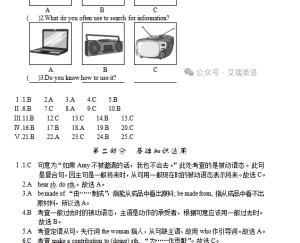
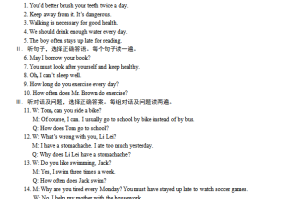


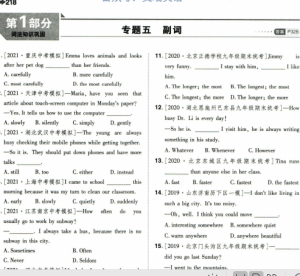
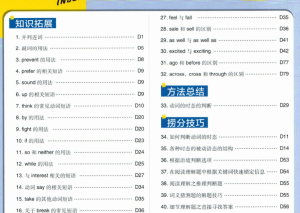
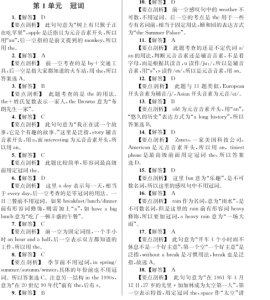
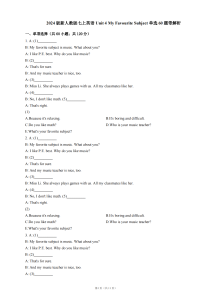


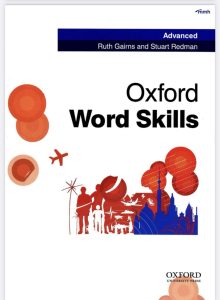

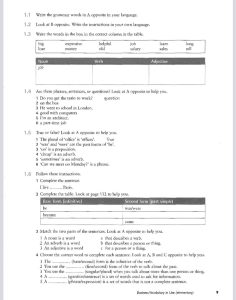


暂无评论内容